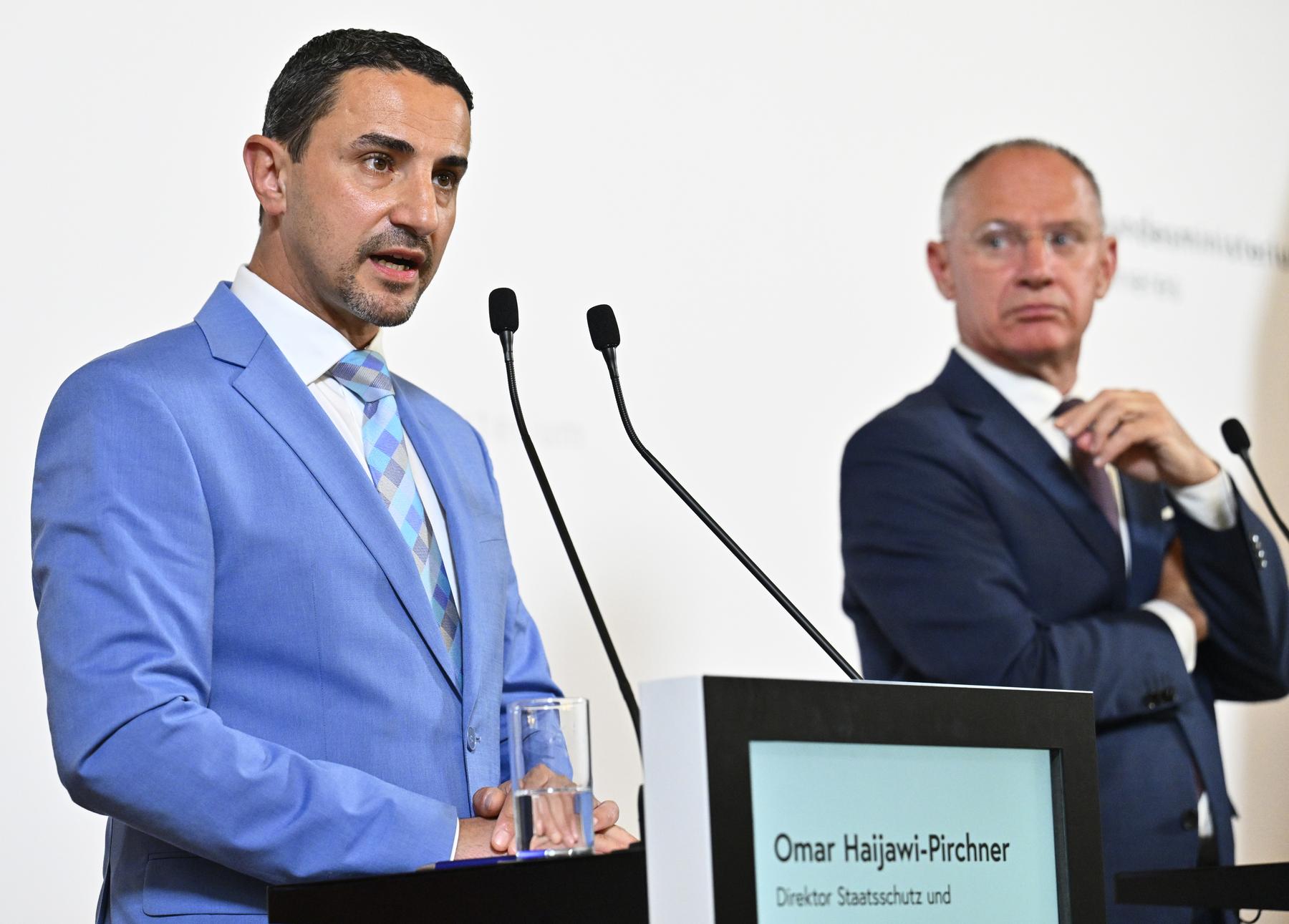Rapid decision of the reform questionable – diepresse.com

The SPÖ wants to decide on the danger monitoring in summer. The NEOs are still on the brake during the reform. The draft law receives a lot of criticism in the assessment, but also praise.
ÖVP and SPÖ urge the rapid implementation of the danger monitoring. Jörg Leichtfried (SPÖ), State Secretary for State Protection, issued the goal of deciding on the reform before the summer. But it is questionable whether this schedule will keep. The assessment procedure for the draft law ended on Tuesday – it was rather critical. The NEOs are still opposed to the reform to wait. In government circles, it is therefore also questioned that there is still a decision in June or July.
At the NEOS, Nikolaus Scherak, Member of the National Council, is particularly publicly opposed to the reform. He had already critically commented as the « press » reported. Scherak now maintains his rejection after the assessment. On request, the Neos states that you stand for the government program. This announces the introduction of constitutional monitoring. Now, however, it is first of all about analyzing the statements received and checking which legal concerns are available about the draft, according to the NEOS.
Technology debate
As a review of the statements shows, most reactions revolve around the technical implementation of the measure. It is planned that Austria’s state protection – as authorities in other European countries – will be able to use spy software in the future in order to monitor the news traffic of suspects on encrypted services such as Signal. The measure must be approved in court and is checked by the legal protection officer in the Interior Ministry. The surveillance may only be used in the event of suspicion of espionage and in the event of constitutional attacks such as terrorist attacks.
The criminal lawyers Robert Kert and Raphaela Bauer-Raschhofer from the Vienna University of Economic Affairs complain that so far no details about the surveillance software have been given. Therefore, it cannot be clarified whether the reform is constitutional. It must be regulated by law how access to the devices is carried out and how the data is carried out, according to the criminal lawyers. You consider control by the legal protection officer to be inadequate. Because this does not have the resources for it.
Criticism of data protectionists
The concerns of data protectionists and non -governmental organizations go in a similar direction. At a press conference, representatives of Amnesty International and data protection officer of Epicenter.Works emphasized that the « Spionage software » could not be used in accordance with the constitution and human rights. René Mayrhofer, professor of networks and security at the University of Linz, only considers the reform to be possible if the authorities use IT security gaps when using the software. It will be invested in IT uncertainty of all devices instead of continuously improving them.
There are also supporters of the reform. Among them Susanne Reindl-Krauskopf, criminal lawyer at the University of Vienna. « The planned measures are neither about mass monitoring per futuro nor a comprehensive measure comparable to data storage, » she writes. The draft with the judicial approval and the control by the legal protection officer exclude the potential for the abuse as best as possible.
« The planned measures are not about mass surveillance. »
Susanne Reindl-Rauskopf
Criminal lawyer
FPÖ and Greens rejecting
Reindl-Krauskopf states that surveillance may only refer to the news traffic. If this is not possible in individual cases « from a technical point of view, the introduction of the program is inadmissible from a legal point of view ». However, it is unusual that precise technical details on monitoring are already stipulated in the law itself and can also prevent the criminal lawyer from being able to react flexibly to new technical changes. The Association of Criminal Service Austria is also positive about the reform, the general pro -meter of the Supreme Court raises « no objection » in its reaction.
On the political side, FPÖ and Greens reject the reform. Süleyman Zorba, digitization spokesman for the Greens, said on Tuesday that the reform was « legally unsustainable and technically impossible ».








